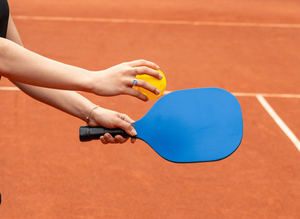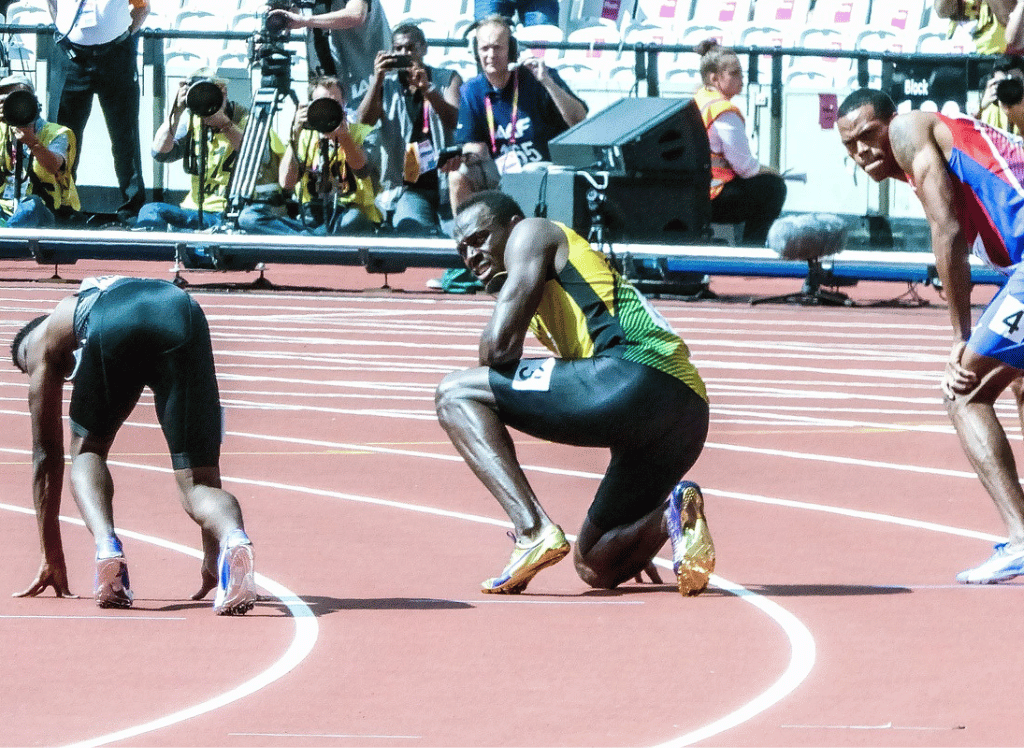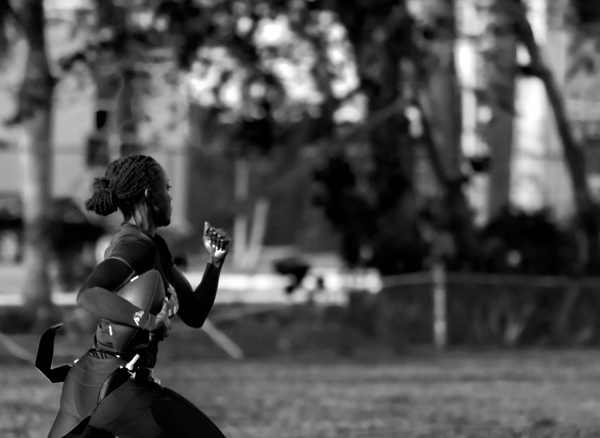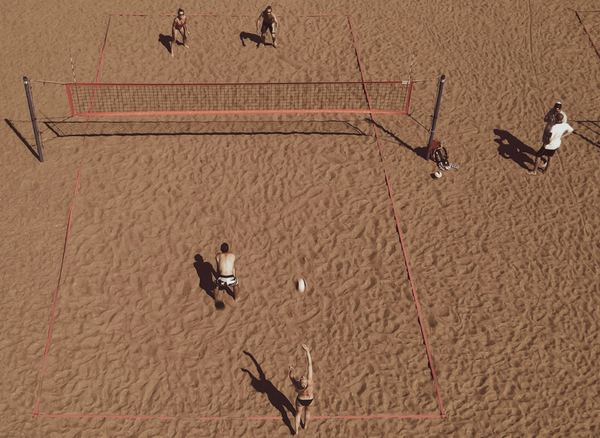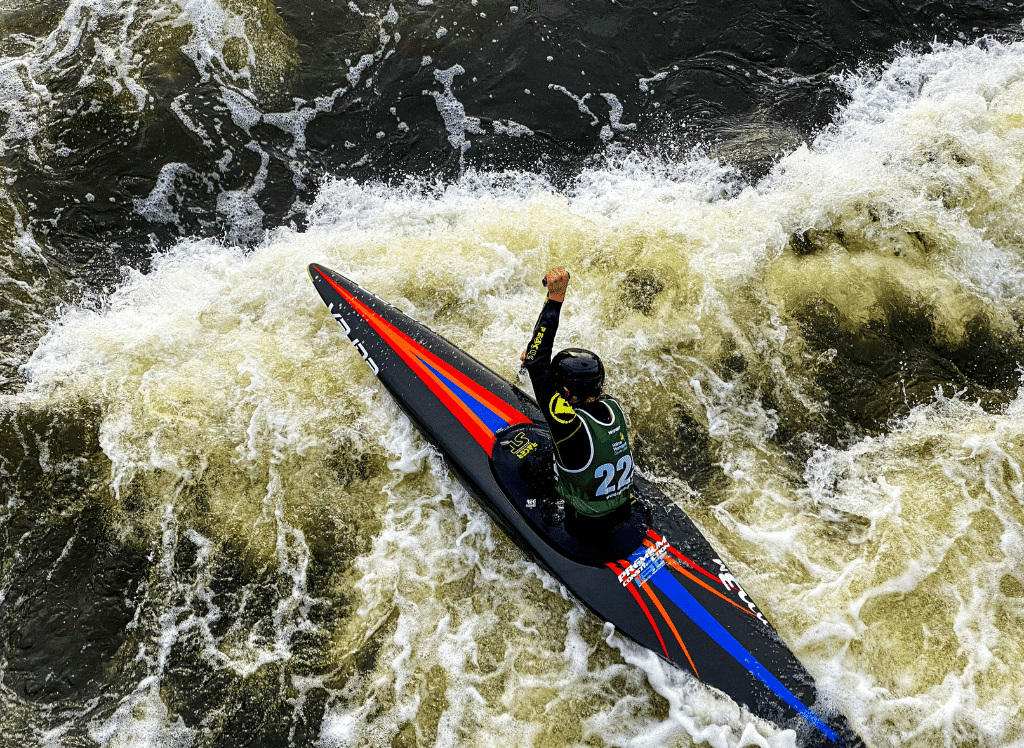Ever wondered if rock climbing is an Olympic sport? Grab your chalk bag and harness because we’re about to scale to the peak of this topic. Rock climbing, once the domain of daredevils and mountain goats, has officially joined the ranks of Olympic sports. But how did it get there, and what does it entail? Let’s climb into the details.
The Olympic Debut
This was a monumental moment for the climbing community, akin to reaching the summit of Everest. The inclusion of rock climbing in the Olympics was a testament to the sport's growing popularity and recognition worldwide.
The International Federation of Sport Climbing (IFSC) played a pivotal role in this achievement. They lobbied hard for the sport’s inclusion, and their efforts paid off when the International Olympic Committee (IOC) gave the green light. The Tokyo Olympics featured a combined event, where athletes competed in three disciplines: speed climbing, bouldering, and lead climbing.
Speed Climbing
Speed climbing is the Formula 1 of rock climbing.
It’s a race against the clock, and every second counts. Imagine a cheetah chasing its prey, and you’ll get the idea.
In the speed discipline, climbers compete head-to-head in a knockout format. A false start can be disastrous, akin to tripping at the starting line of a sprint. The fastest climber advances, while the slower one is left to ponder what went wrong. Speed climbing is all about explosive power and precision.
Bouldering
Bouldering is the brain teaser of the climbing world. Athletes climb freely on a bouldering wall, tackling a series of short but challenging routes known as "problems." Each problem requires a combination of strength, technique, and creativity. It’s like solving a Rubik’s Cube with your body.
In the bouldering portion of the competition, climbers have a limited number of attempts to reach the top of each problem. The fewer attempts they use, the better their score. Zone holds, which are intermediate points on the route, also contribute to the scoring. It’s a game of strategy and skill, where every move counts.
Lead Climbing
Lead climbing is the endurance event of Olympic sport climbing. Athletes climb a tall, overhanging wall, clipping their rope into quickdraws as they ascend.
It’s like running a marathon while doing pull-ups.
In the lead round, climbers face a single, long route known as the lead route. The higher they climb, the better their score. Falling off the wall ends their attempt, and their height is recorded. Lead climbing tests an athlete’s stamina, technique, and mental fortitude.
The Tokyo Olympics for Climbing
The Tokyo Olympics were a historic event for rock climbing. The competition was fierce, with climbers from around the world vying for the gold medal. The combined event format added an extra layer of excitement, as athletes had to excel in all three disciplines to win.
The Combined Event
The Olympic climbing event is a combined format, where athletes compete in all three disciplines: speed climbing, bouldering, and lead climbing. Their scores from each discipline are multiplied together to determine their final ranking. It’s like a triathlon, but with more chalk and less water.
This combined event format was a point of contention among climbers. Some argued that it favored all-rounders rather than specialists. However, it also showcased the versatility and adaptability of the best athletes. The combined event was a true test of an athlete’s all-around climbing prowess.
The Challenges of Olympic Climbing
While the inclusion of rock climbing in the Olympics has been a positive development, it has also presented challenges. The combined event format was a contentious issue, with some athletes feeling that it did not accurately reflect the diversity of the sport. The decision to separate speed climbing from bouldering and lead climbing in future Olympics aims to address this concern.
Another challenge is the pressure and expectations placed on athletes. Competing on the Olympic stage is a high-stakes endeavor, and the mental and physical demands can be overwhelming. Despite these challenges, climbers have shown remarkable resilience and determination.
The Future of Olympic Climbing
With its successful debut at the Tokyo Olympics, rock climbing is set to make its second Olympic appearance at the 2024 Paris Olympic Games. The format will be slightly different:
- speed climbing is a separate event
- bouldering and lead climbing is combined into a single event
This change aims to address some of the criticisms of the combined format and provide a more balanced competition. The future of Olympic climbing looks bright, with the sport continuing to grow in popularity and recognition.
The Impact on the Climbing Community
The inclusion of rock climbing in the Olympics has had a significant impact on the climbing community. It has brought the sport into the mainstream, attracting new fans and participants. Climbing gyms have seen a surge in membership, and more people are taking up the sport.
The Olympic spotlight has also inspired a new generation of climbers. Young athletes, like Colin Duffy and Nathaniel Coleman, have become role models, showing that with hard work and dedication, anything is possible. The future of climbing is in good hands.
The Role of Technology in Climbing
Technology has played a crucial role in the evolution of competition climbing. From advanced training tools to innovative climbing holds, technology has helped athletes push the boundaries of what’s possible. The use of video analysis and performance tracking has also become commonplace, allowing climbers to fine-tune their techniques.
In the Olympic context, technology has enhanced the spectator experience. High-definition cameras and live streaming have brought the excitement of climbing events to a global audience. The integration of technology has made climbing more accessible and engaging for fans around the world.
The Importance of Mental Strength
Climbing is as much a mental challenge as it is a physical one. Athletes must stay focused and composed under pressure, especially in high-stakes competitions like the Olympics. Mental strength is a key component of success in climbing, and many athletes work with sports psychologists to develop their mental resilience.
Visualization techniques, mindfulness practices, and goal-setting are common strategies used by climbers to enhance their mental game. The ability to stay calm and focused can make the difference between success and failure in a competition.
The Future
The future of climbing looks quite bright, with the sport continuing to grow in popularity and recognition. The inclusion of rock climbing in the Olympics has opened new opportunities for athletes and inspired a new generation of climbers. The sport is evolving, with new technologies, training methods, and competition formats shaping its future.
As climbing continues to gain mainstream attention, it is likely to see further developments and innovations. The climbing community remains committed to pushing the boundaries and exploring new heights. The future of climbing is full of exciting possibilities.
Olympic Sport Climbing FAQs
Is rock climbing an Olympic sport?
Yes, rock climbing made its Olympic debut at the Tokyo Olympics in 2021. The sport includes three disciplines: speed climbing, bouldering, and lead climbing, and athletes compete in a combined event.
What are the three disciplines in Olympic sport climbing?
The three disciplines in Olympic sport climbing are speed climbing, bouldering, and lead climbing. Speed climbing involves racing up a standardized wall, bouldering requires solving short but challenging routes, and lead climbing tests endurance on a tall, overhanging wall.
How are athletes scored in Olympic climbing?
In the combined event format, athletes compete in all three disciplines, and their scores from each discipline are multiplied together to determine their final ranking. The athlete with the lowest combined score wins the competition.
Summary
Rock climbing has firmly established itself as an Olympic sport, with its debut at the Tokyo Olympics marking a significant milestone for the climbing community. The sport’s inclusion in the Olympics has brought it into the mainstream, attracting new fans and participants. The combined event format, featuring speed climbing, bouldering, and lead climbing, showcased the versatility and skill of the world’s best climbers. As the sport continues to evolve and grow, the future of climbing looks promising, with new opportunities and challenges on the horizon.

